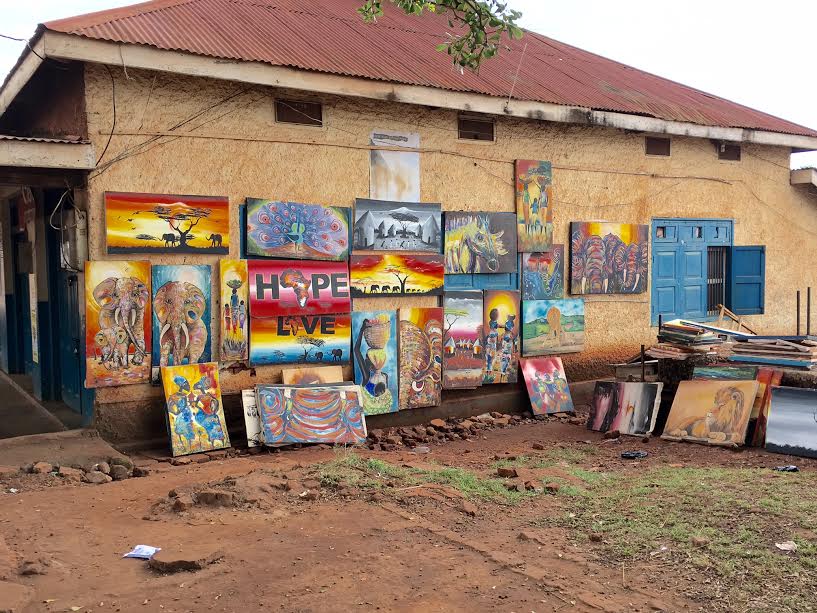When Jesus arrives in the temple in Jerusalem, he does lay out his lessons clearly in a monologue or a manifesto. He mixes metaphors. He puts on prophetic performance art. He makes verbal and dramatic references to Israel's history and writings.
By arriving into Jerusalem on a donkey, Jesus already fulfilled prophecy from Zechariah. He continues by dramatically invoking the prophet's concluding verse: “and there shall no longer be traders in the house of the Lord of hosts on that day" (Zechariah 14:21).
While doing so, Jesus quotes from a passage in Isaiah:
Let no foreigner who is bound to the Lord say,
“The Lord will surely exclude me from his people.”
And let no eunuch complain,
“I am only a dry tree.”
For this is what the Lord says:
“To the eunuchs who keep my Sabbaths,
who choose what pleases me
and hold fast to my covenant—
to them I will give within my temple and its walls
a memorial and a name
better than sons and daughters;
I will give them an everlasting name
that will endure forever.
And foreigners who bind themselves to the Lord
to minister to him,
to love the name of the Lord,
and to be his servants,
all who keep the Sabbath without desecrating it
and who hold fast to my covenant—
these I will bring to my holy mountain
and give them joy in my house of prayer.
Their burnt offerings and sacrifices
will be accepted on my altar;
for my house will be called
a house of prayer for all nations
The Sovereign Lord declares—
he who gathers the exiles of Israel:
“I will gather still others to them
besides those already gathered." (Isaiah 56:3–8)
This is the vision of the temple that Jesus evokes: all people invited into God’s presence and included in God’s covenant people. Jesus has come to extend these promises beyond Israel. Jesus then immediately quotes Jeremiah 7, saying the temple has instead become a "den of robbers”—possibly condemning how their practices excluded and exploited others, especially Gentiles. Jeremiah warned Israel that the Lord would not dwell in the temple if they continue disobeying, especially oppressing "the foreigner, the fatherless, and the widow” (Jeremiah 7:6).
Jeremiah also uses the barren fig tree as a symbol of judgement:
I will take away their harvest,
declares the Lord.
There will be no grapes on the vine.
There will be no figs on the tree,
and their leaves will wither.
What I have given them
will be taken from them. (Jeremiah 8:13)
Jesus visually enacts God’s own judgment. His cursing the fig tree is a dramatic declaration that Israel—especially Jerusalem and the temple—has failed to fulfill its divine calling.
The symbolic meaning of Jesus' cleansing and cursing cannot be distilled into a few simple sentences, so let these these prophetic symbols and metaphors stir in your mind. Revisit our core insight from Monday: worship and ethics are deeply intertwined. The temple—a house of prayer for all people—represented confluence of these two streams: loving God, loving neighbor. How do Jesus’ words and actions challenge you to embody this?
If you need, reflect on these more specific questions:
- What was Israel’s calling and their failure?
- In our own places of worship, what tables need overturned?
- What patterns and practices bear no fruit?
- Where have financial concerns overshadowed our focus on prayer and justice?
- What does a house of prayer for all people look like?
- What unnecessary barriers keep people out of our worshipping community?



























